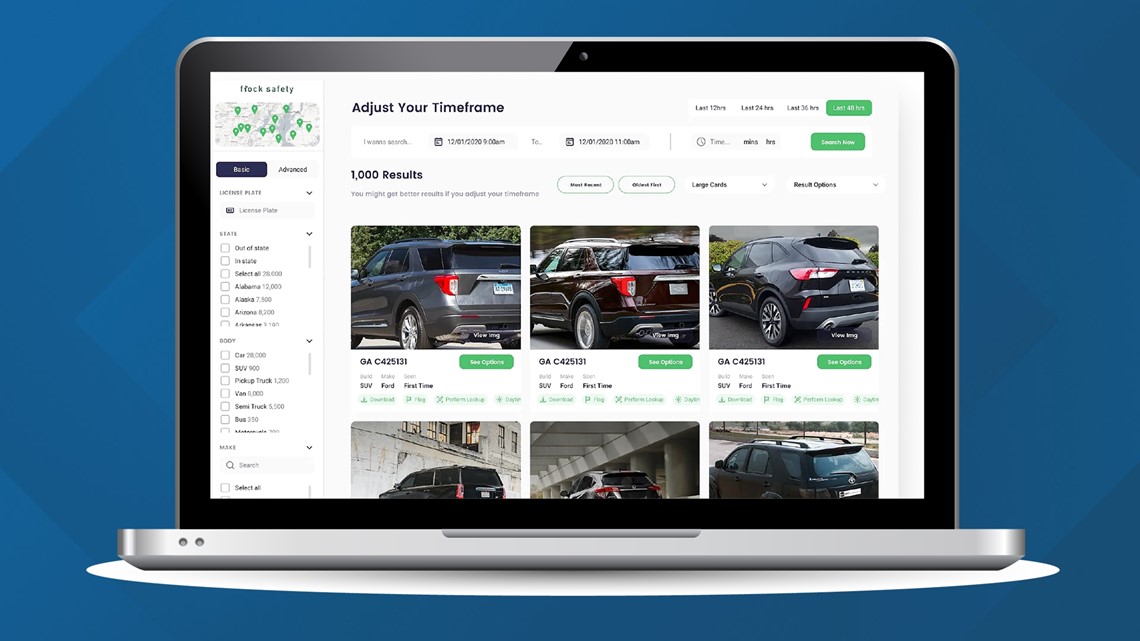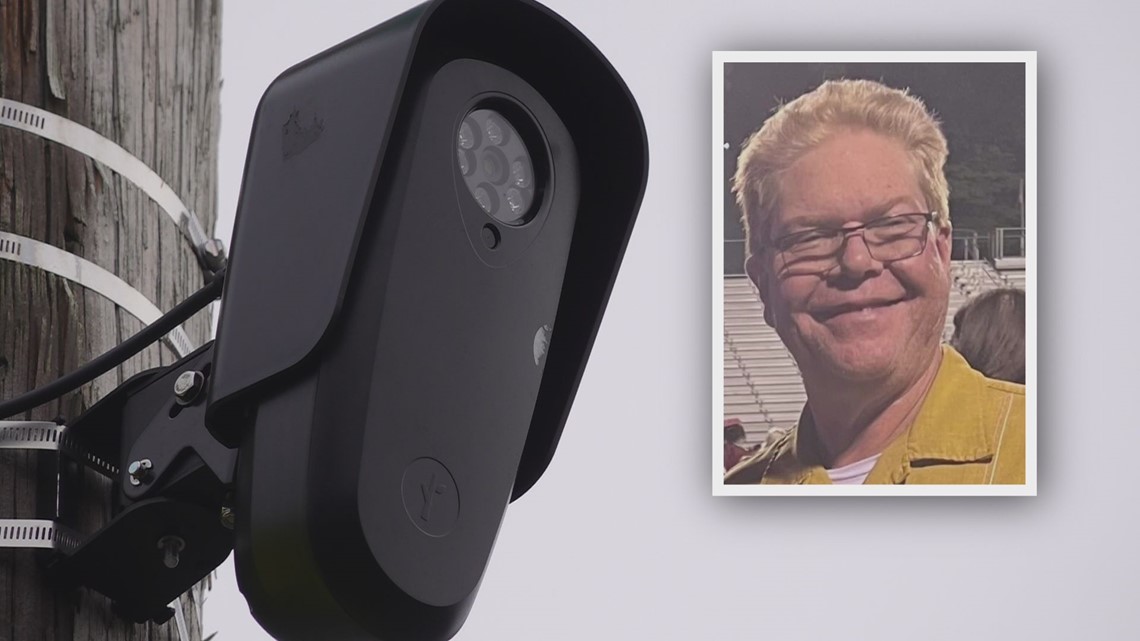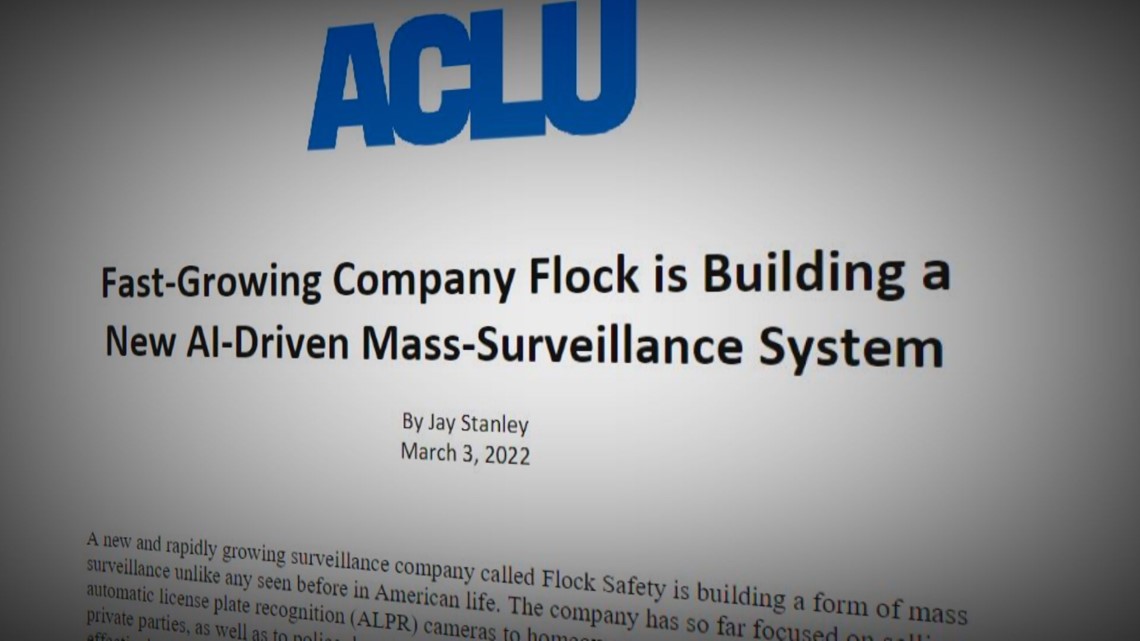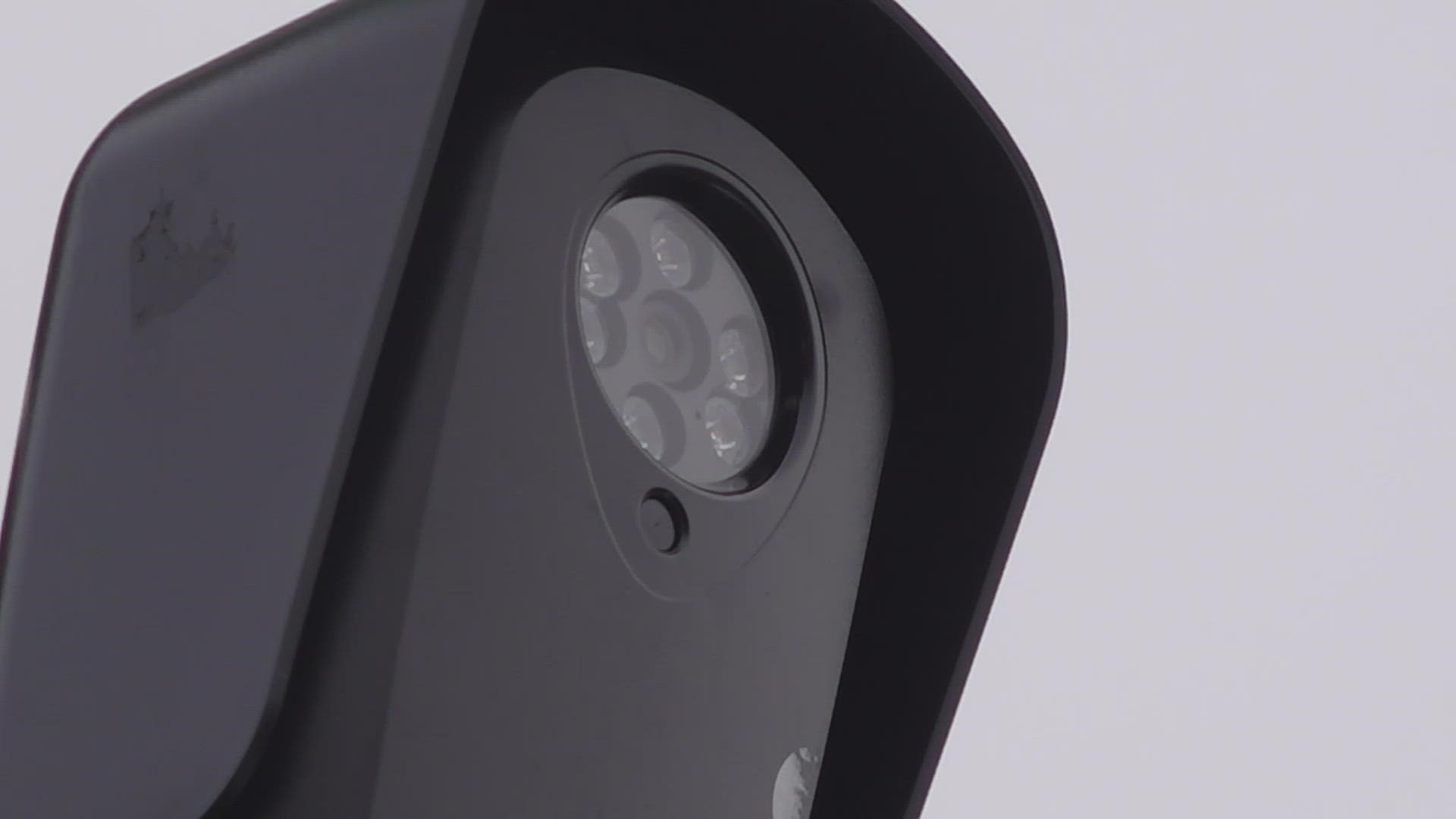KNOXVILLE, Tenn. — In Tennessee, hundreds of automatic license plate readers (ALPRs) are capturing your car trips. One company alone — Flock Safety — said it's installed more than a thousand cameras in the state.
"We are all over the state," said Josh Thomas, vice president of policy and communications for Flock Safety. "It's public information on public roads — no personally identifiable information that's captured within Flock."
Our investigative team found at least six cameras while driving from the edge of Knoxville on Alcoa Highway to the start of Maryville on Hall Road. All of them had the Flock Safety logo.
"Our technology is involved in helping solve about 5% of the total crime that's being solved in America today," Thomas said. "Our recommendations typically are put them at the ingress and egress points of the city, so as people are coming in or leaving."
Each camera creates a searchable snapshot of the cars that drive by.
"Say an eyewitness saw something — they saw a yellow truck drive by or a sedan with a roof rack," Thomas said. "An investigator can go into our system and literally type in those keywords, yellow truck or sedan roof rack, find that one particular vehicle and get the evidence you need to go out and solve crime."


That's one method the Federal Bureau of Investigation used to track Mark Reno, federal court records show.
Investigators said Reno intentionally burned down the Knoxville Planned Parenthood Clinic in late 2021 and fired shots into a federal building last summer.
Records show a license plate reader on Asheville Highway captured Reno's Ford Fusion around 11:15 a.m. on July 3, 2022.
Authorities said someone in that car headed downtown and fired at least three rounds into a building around 1:45 p.m. Ten minutes later, a license plate reader on Asheville Highway again flagged the car.


"It's hard to drive anywhere these days without being captured by some of these license plate recognition devices," said Jay Stanley, a senior policy analyst for the American Civil Liberties Union.
The Knoxville Police Department has 18 ALPRs within city limits. They've helped find missing people, recover stolen guns and locate murder suspects.
"There's no reason that we can't allow the police to have reasonable benefits for this technology such as flagging stolen or other unwanted cars, while putting in place reasonable privacy protections," Stanley said. "How often does it solve the problem? What are the costs? And what are the benefits?"


The ACLU said it has major concerns about personal privacy.
"Location data is a very sensitive set of information about a person that can reveal your medical life, your political life, your religious activities, your sexual activities, how often you go to bars, etc," Stanley said. "These are the side effects that you get when you build a mass surveillance system, which we've never really had in this country."
Stanley said the cameras capture more than just the license plate. He worries those details could target people based on their personal beliefs.
"What's the make, what's the model? Are there bumper stickers that say particular things on the car and allow police to search by those attributes?" Stanley said. "That makes it an even more powerful sort of surveillance device."
One possible solution is limiting how long the data is stored. Right now, it is up to individual agencies.
"There's no reason that the government should be retaining records of everybody's comings and goings and where they're going," Stanley said. "As the number of readers gets more dense in an area, it eventually could become tantamount to putting a GPS tracker on every car."

